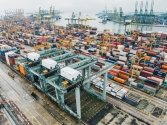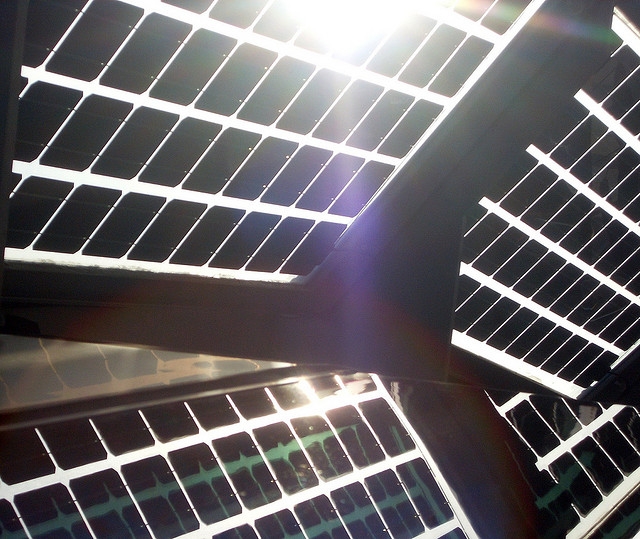
India not doing enough to capture energy storage opportunity: analyst
After squeezing global solar module manufacturers out of business, China is at it again. "It is using every trick available – government subsidies, domestic quotas, restriction on foreign players and cornering raw material supplies – to dominate energy storage industry, which has been so far led by Japanese and Korean manufacturers such as Panasonic, Samsung SDI and LG Chem," according to consultancy firm Bridge to India.
The country is spending billions of dollars subsidising local companies to push them at the forefront of storage and electric mobility technologies.
China is spurring a huge domestic supply ecosystem for lithium-ion based batteries through demand creation and incentives. By 2020, it is expected that China will have over 60% of the global lithium ion battery production.
Here's more from Bridge to India:
Unless India acts now, it is going to miss the bus on domestic manufacturing for a vital upcoming technology. Energy storage is the next frontier in evolution of energy markets after renewable energy. It is expected to play a catalytic role in growth of both renewable energy and electric vehicles.
China is undertaking not only the world’s largest deployment of renewable energy capacity, but is also planning to be a leader in electric mobility with a target of 5 m electric vehicles by 2020 (by way of comparison, the US is expected to add just about 1 m electric vehicles in the same period).
China is using its large domestic demand and extensive subsidies to create fully integrated domestic manufacturing giants. It accounted for half of the USD 16 billion in subsidies countries offered to new-energy car makers in the past decade.
Tesla and Panasonic’s gigafactory in the US has been drawing a lot of global attention for its massive scale. Their plan is to manufacture 35 GWh of cells and 50 GWh of battery packs annually by 2020. However, a relatively unknown Chinese company, Contemporary Amperex Technology Ltd (CATL), is already manufacturing 7.6 GWh of cells per year and plans to ramp that up to 50 GWh by 2020, making it the largest battery manufacturer in the world.
Alongside BYD, another local player that is expected to become the world’s leading electric vehicle manufacturer by 2020, the company is close to taking over Panasonic as the world’s largest electric vehicle battery manufacturer. By that time, it is estimated that China will have over 60% of the global lithium ion battery mass production.
In contrast, India has barely woken up to the potential of electric vehicles or energy storage. Domestic battery manufacturing capacity is almost non-existent. A report from last week suggested that Indian government is expected to brainstorm on the country’s policy for electric vehicles.
Indian government wants an ambitious 6 m electric and hybrid vehicles on the roads by 2020 under the National Electric Mobility Mission. Meanwhile, National Thermal Power Corporation (NTPC) has announced that it will look to create a battery charging ecosystem across the country to promote adoption of electric vehicles. However, in the absence of any cogent, long-term policy, such plans remain pipe dreams.
Unless India moves quickly and decisively, it runs a very real risk of missing the bus on domestic manufacturing for a very vital technology of future.


















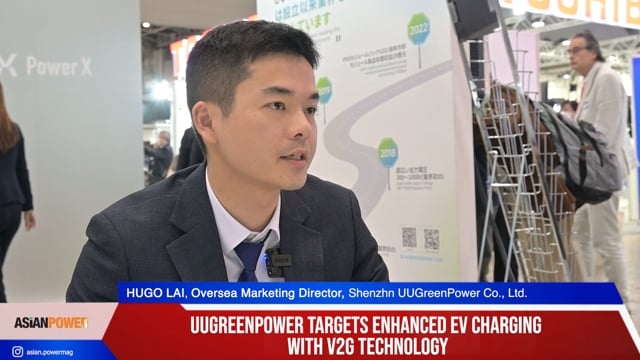
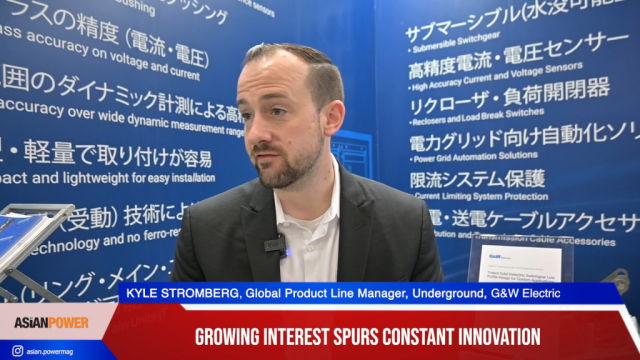
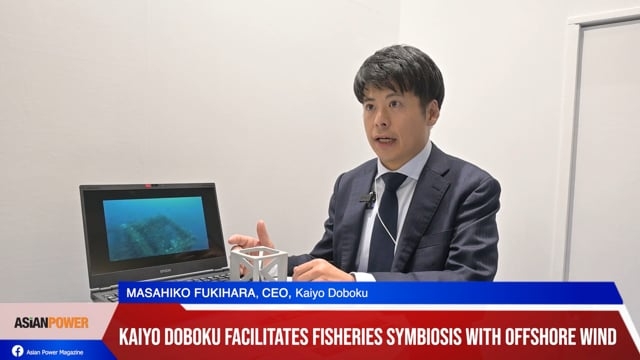
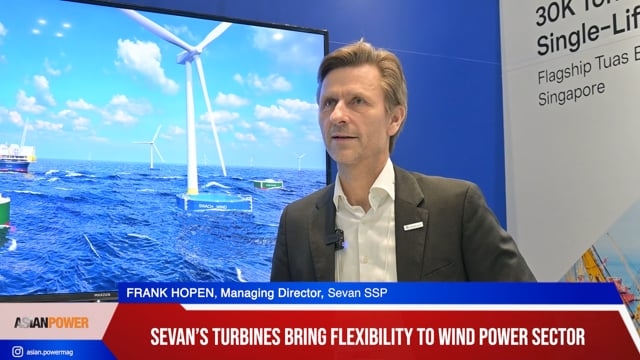

 Advertise
Advertise
